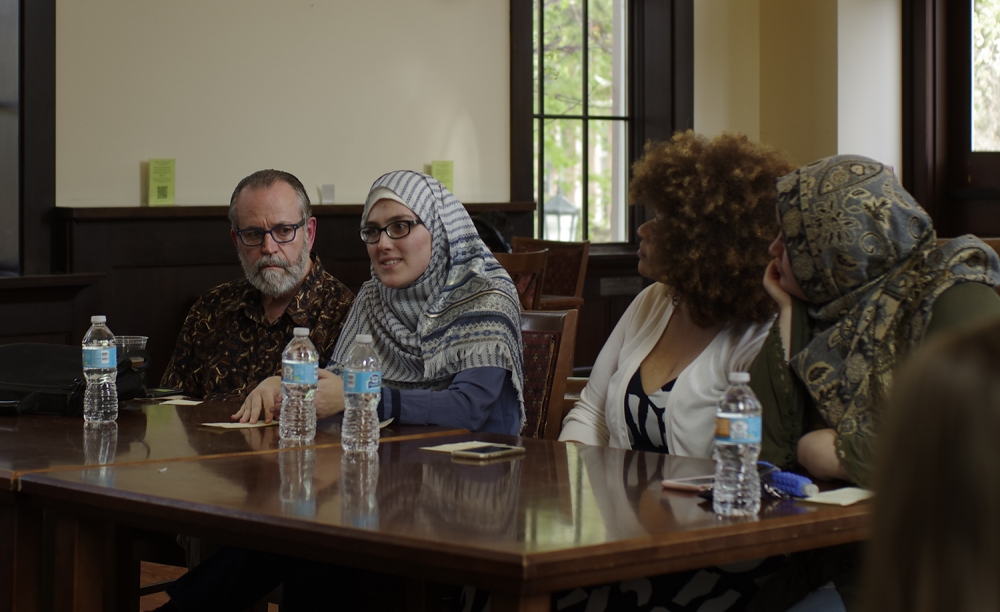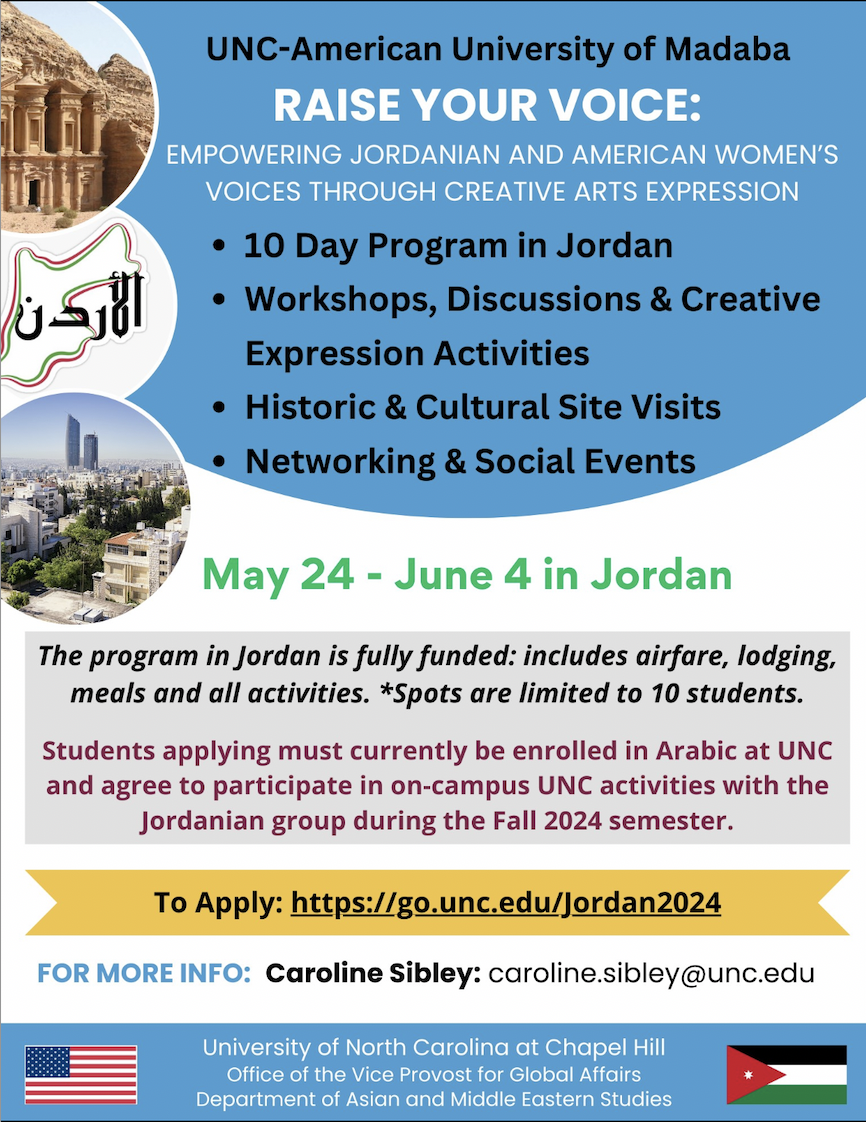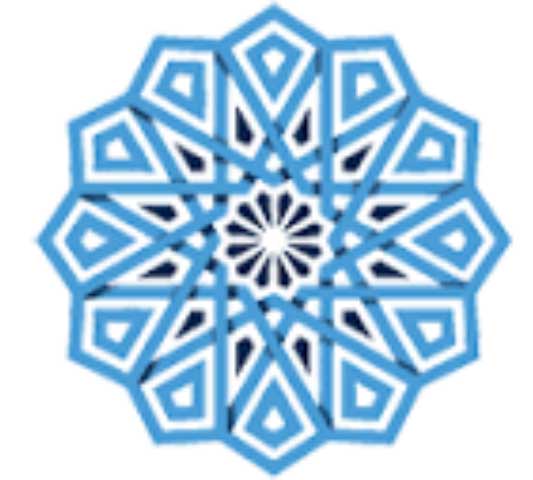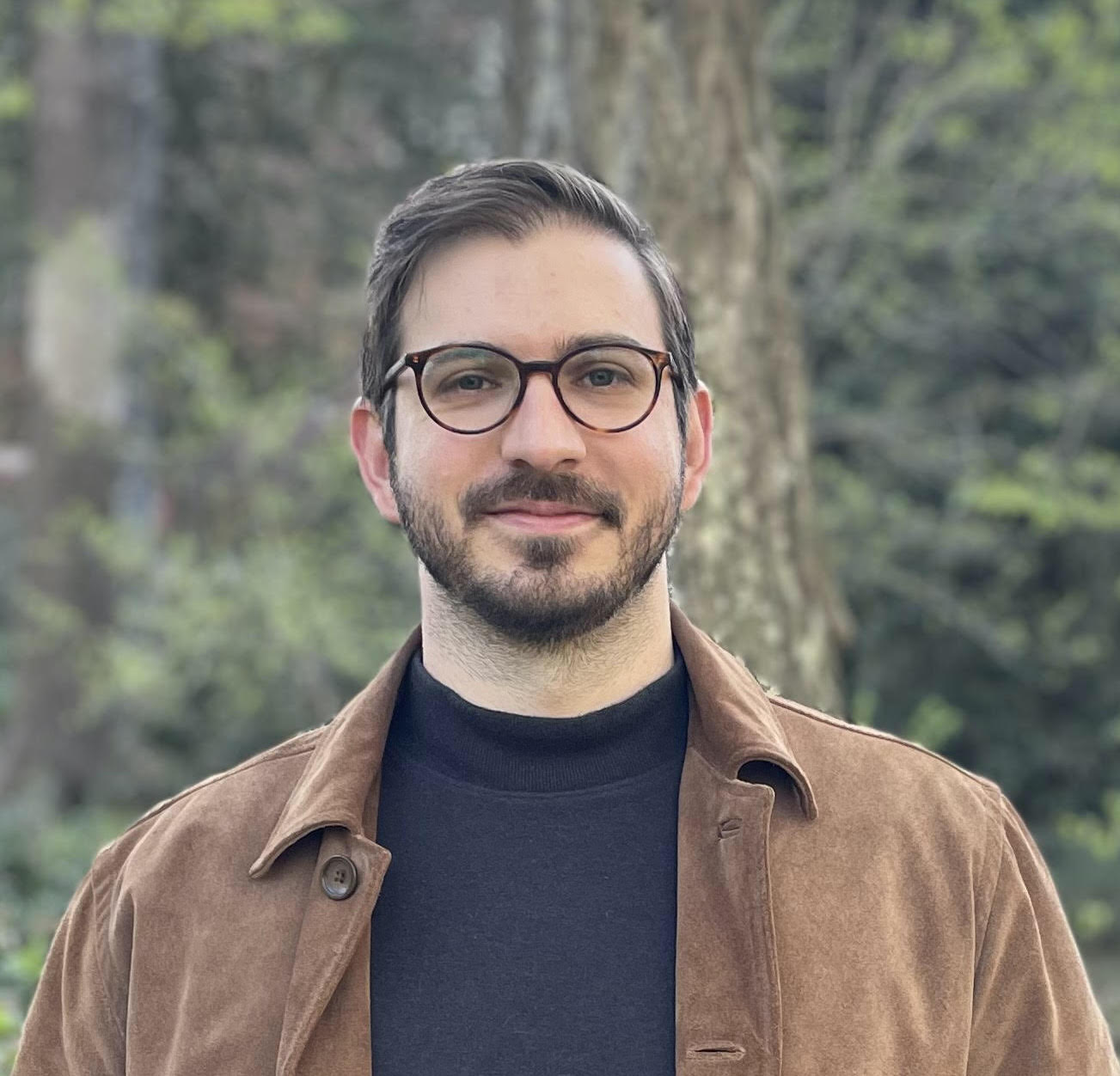Hosted by the Carolina Center for the Study of the Middle East and Muslim Civilizations, a panel discussion Monday aimed to educate UNC students on Islam and the lives of Muslim-Americans.
To start the event, panel members had each attendee write down a question they had or stereotype they had heard about Islam.
One of the most common was the stereotype that Muslim women had limited rights.
Hosted by the Carolina Center for the Study of the Middle East and Muslim Civilizations, a panel discussion Monday aimed to educate UNC students on Islam and the lives of Muslim-Americans.
To start the event, panel members had each attendee write down a question they had or stereotype they had heard about Islam.
One of the most common was the stereotype that Muslim women had limited rights.
“Islam was the first religion to give women the right to own property,” said panelist Iyman Gaspard, program manager for the Center for Global Initiatives. “It was the first religion to give women a marriage contract. These are huge issues that women have fought for for years.”
Gaspard said there are so many achievements of women in leadership positions in Islamic countries.
“Speaking from personal narrative, my father is my role model, my uncle is my role model,” Gaspard said. “They have ensured that I have power.”
Gaspard said the generalization that all women are oppressed in Islamic-majority countries is extremely problematic. A factor that contributes to this misconception is that many Muslim women wear a hijab.
“The hijab incorporates modesty,” said panelist Soumaya Lansari, a junior majoring in global studies and sociology. “People think the hijab only pertains to women, but there are also rules that pertain to men, but that is never touched on.”
Lansari said when women get to a certain age, they decide whether they want to wear the hijab.
Panelist Mariam Baaj, education chairperson for the UNC Muslim Students Association, said a lot of people’s exposure to Islam is through the media.
“It is exhausting consistently realizing how unfamiliar people are with your identity,” Baaj said. “I have had friends who upon finding out I was Muslim have told me they could not be friends with me anymore.”
Gaspard addressed Islamic extremists and how they make up an extremely small portion of the religion.
“The religion is not forcing extreme acts on its followers,” Gaspard said. “They are choosing to do that.”
Sophomore global studies and women’s studies major Sunny Osment said the event was a very necessary elementary introduction to Islam.
“I knew most of the things people were saying, but it was important to hear them and listen to actual experiences of what it is like to be Muslim on this campus and this community — specifically what it is like for a Muslim woman,” Osment said.
Posted from: http://www.dailytarheel.com/article/2017/04/islam-panel





